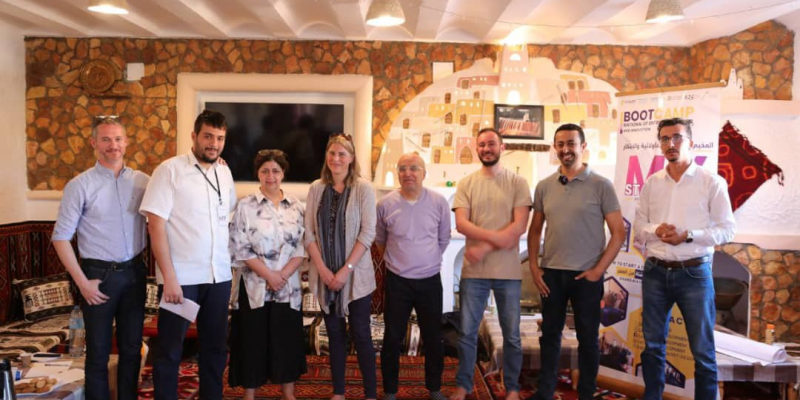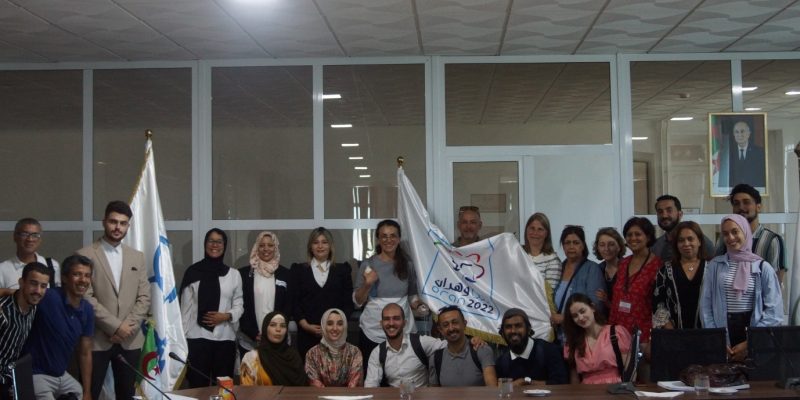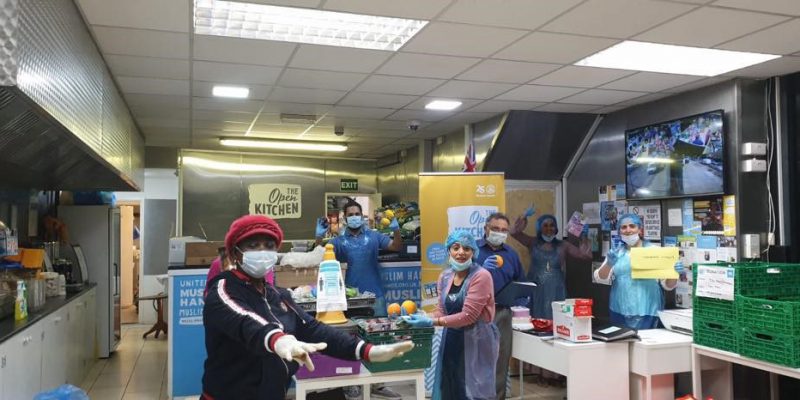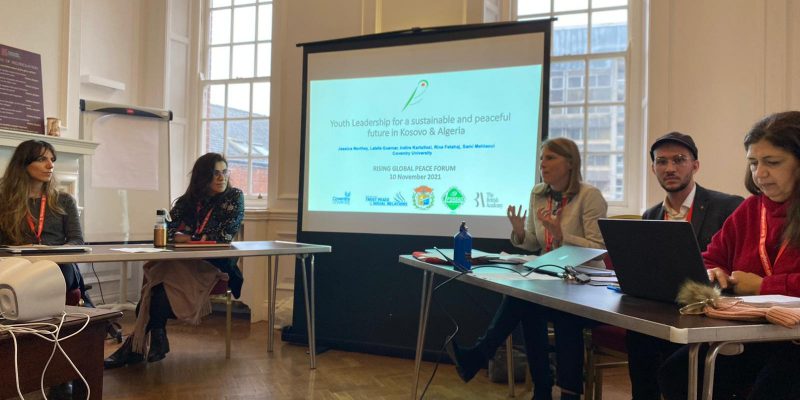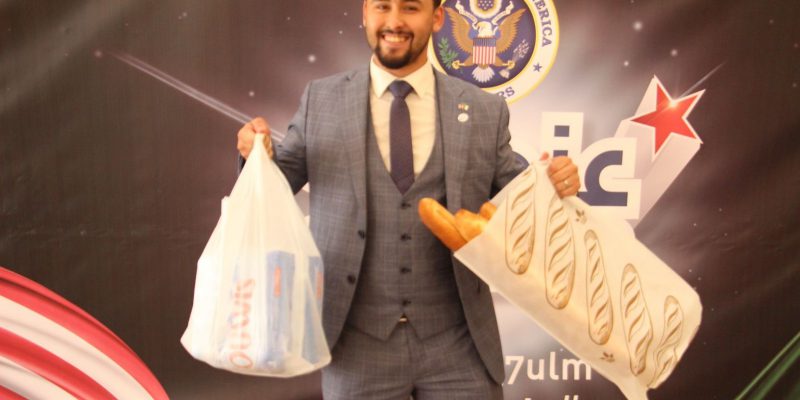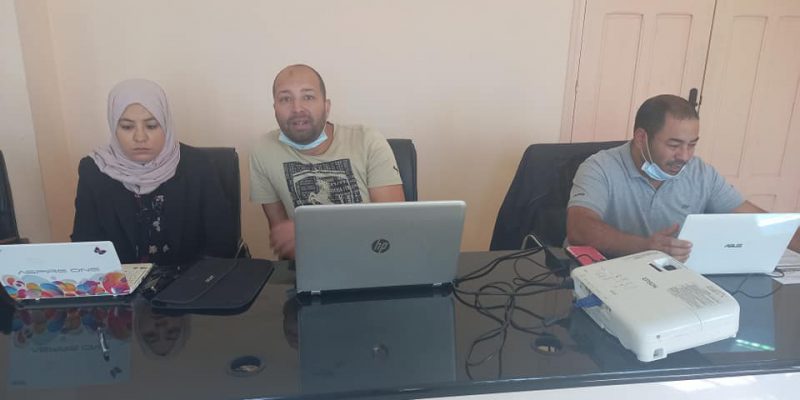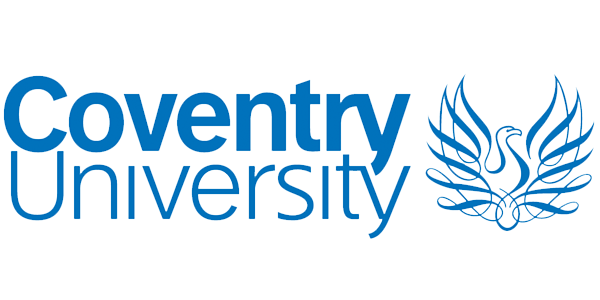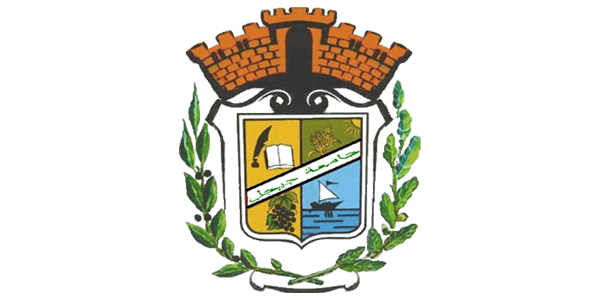A Bootcamp in Ghardaia to nurture the next generation of Algerian Business Leaders.
So, we finally landed in Algeria, in Ghardaïa’s Moufdi Zakaria Airport, after months of preparation. Ghardaïa is the capital of the M’zab oasis region in north-central Algeria and is located in the northern Sahara desert. The Algerian Sahara is known to be a place of breath-taking beauty. It’s also a place where people are filled with a spirit of resilience and determination. Ghardaïa was indeed, the perfect location for our recent boot camp that I was fortunate enough to co-deliver with Jessica Northey in partnership with Catalyst Development.

